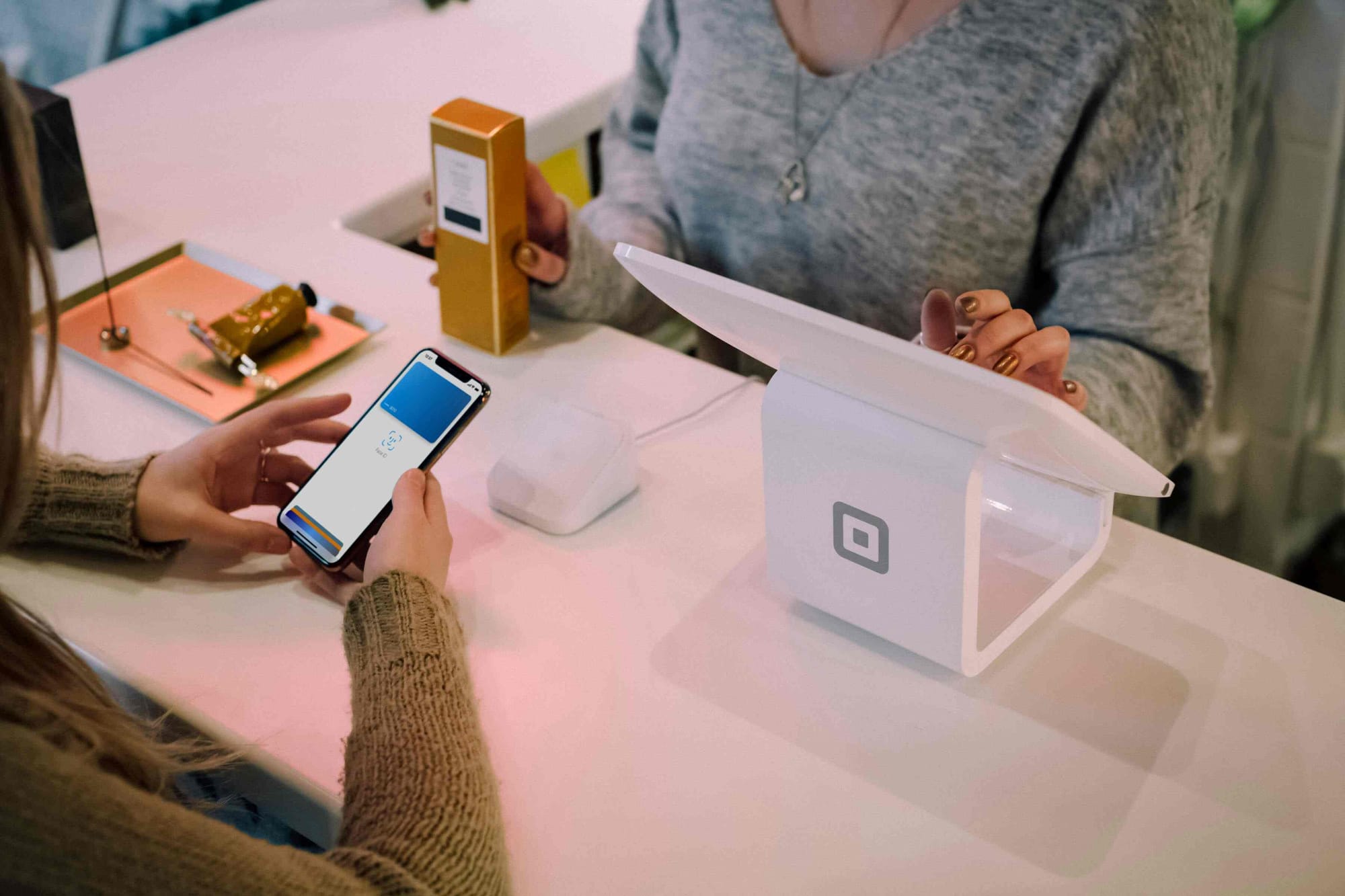Open banking: a secure and cost-effective alternative to card networks
Kingsley Ohia
-
Here at Wonderful, we were very pleased to see a joint statement issued by CMA, FCA, HM Treasury and PSR last Friday 25th March. Like us, it lauds open banking as a “secure and cost-effective alternative to using card networks.”
And that’s not all they said. Their ringing endorsement of open banking made several excellent points about the positive impact that it’s having across the board, and - crucially - vowed to “maintain the UK’s leadership in the field and sustain this momentum” and build on the already considerable success of UK open banking.
"Open banking has led to greater competition and innovation in UK retail banking. It has brought real benefits by allowing consumers and businesses to share their data with trusted third parties who can help them manage their money more easily. Open banking also lets consumers and businesses make payments directly from their accounts, providing a secure and cost-effective alternative to using card networks. It helps users make better-informed decisions and make the most of their finances with individual financial management dashboards. It also improves users’ access to credit, including for consumers in vulnerable circumstances. It has been a UK success story, with significant take-up and ever-accelerating growth. Many other countries have looked to the UK’s approach as they develop their own models." - HM Treasury, the Competition and Markets Authority, the Financial Conduct Authority and the Payment Systems Regulator
So why are these agencies so excited about open banking? Let’s break down three key benefits of open banking payments.
Security takes centre stage with open banking
Whatever industry you work in, whether you sell to businesses or customers, and regardless of your transaction volume, security is always top priority. Protecting your customers’ money and information is essential - ethically, of course, but also to make sure you retain those customers and avoid penalisation or prosecution.
That’s why open banking is such a brilliant payment solution. It takes data-handling out of the equation for retailers and merchants altogether, so you don’t have to worry about data breaches in your transaction process.
Because payments are made directly from the payer’s bank account to the payee’s, referred to as Pay by bank payments, there’s no need to enter card numbers or other financial information anywhere on the retailer’s website. Instead, the transaction is handled entirely by the payer’s bank, meaning it benefits from all of the bank’s existing security measures.
Plus, you can rest assured that the open banking provider handling your online payment processing is robust, too: all organisations are regulated by the FCA.
All of that means peace of mind for you and your customers.
Payments are becoming simpler and quicker
If there’s one trend that’s been universal for online and in-person purchasing across the board, it’s the increasing ease of making payments.
From tapping contactlessly onto the tube to paying for a morning coffee with our digital wallets, the daily commute is a clear example: we expect in-person payments to be effortless and instantaneous.
The story is much the same when it comes to online purchases. Cumbersome online checkouts have been the final resting place of many an abandoned transaction… (a massive 17% in the USA alone).
To remain competitive, it’s evident that payment systems for small business need to keep pace with this trend - and that means giving buyers the simplest and quickest payment process available.
That is, of course, a direct account-to-account payment. With just a few taps and whatever verification they use on their mobile banking app (typically face or touch ID), the transaction is completed. No account numbers, sort codes, card numbers, CVVs, expiry dates, cardholder names and addresses…
Plus, the two steps that are required for mobile banking verification will still be applicable for buyers who do go through the long-winded card payment process. Because Strong Customer Authentication came into effect on 14th March for ecommerce transactions, customers still have to authenticate the payment after entering the details and confirming the purchase. In short, after all of the cumbersome details, customers end up where those using open banking began.
Open banking offers 95% savings for businesses
Finally, we come to the crux of the matter and one of the most salient points in the recent joint statement.
HM Treasury, the Competition and Markets Authority, the Financial Conduct Authority and the Online payment Systems Regulator are all in agreement that open banking is “a cost-effective alternative payment method to using card networks” - a statement we welcome warmly. It draws attention to what too few retailers are aware of: card payment services are taking a huge and unnecessary chunk of their revenue.
What’s next for open banking?
As a faster, easier, more secure and far cheaper alternative to card payments, it seems likely that debit cards will join VHS tapes and cheque books in the collection of nostalgic but obsolete relics. Better for consumers and retailers alike, it’s one of the clearest win-wins we can think of.
That being said, to maximise widespread adoption, friction needs to be reduced in the commercial onboarding process. That means that KYC/AML regulation needs to be proportionate to the associated risk. Likewise, document checking and validation should be no more onerous for an organisation wishing to use open banking payments than if they were to accept payments from payment processing companies such as Braintree, Stripe and Worldpay. Open banking powered payment processors like Wonderful are viable stripe alternatives for UK businesses.
If HM Treasury, the Competition and Markets Authority, the Financial Conduct Authority and the Payment Systems Regulator are to keep their pledge to “maintain the UK’s leadership in the field and sustain this momentum” and to see even greater successes in UK open banking, onboarding processes need to be streamlined just as the payments services themselves streamline transactions.
Open banking will supercharge the third sector
The benefits of open banking stretch far beyond the commercial world; it’s leaving an indelible mark on the world of charitable fundraising already.
As we touched on, open banking payments have allowed the Wonderful Organisation to provide fee-free donations for charities, saving them much-needed funds that would otherwise be squandered on paying card fees.
Prior to the introduction of open banking, the Wonderful Organisation had operated its same fee-free model for charities thanks to generous corporate sponsorship from the Co-operative Bank.
But costly card processing fees rapidly ate up the sponsorship funds and created a success paradox for the fundraising platform. As more charities benefited from fee-free donations, and more fundraisers chose to guarantee every penny they raised reached its intended cause, the cost for the Bank soared ever-higher.
Now that those transaction fees are practically eliminated, there’s no ceiling on the fundraising platform’s success. Thousands of pounds are saved for UK charities every month, meaning more vital work is being done in areas from cancer prevention to forest conservation.
There’s no doubt that the age of open banking is here, and we applaud the commitment that HM Treasury, the Competition and Markets Authority, the Financial Conduct Authority and the Payment Systems Regulator have made to bolster its expansion and adoption. It brings with it limitless possibilities for infinite good, unbound success and a true payments revolution.
More on Open banking




